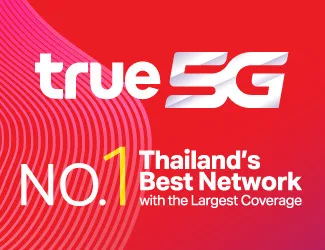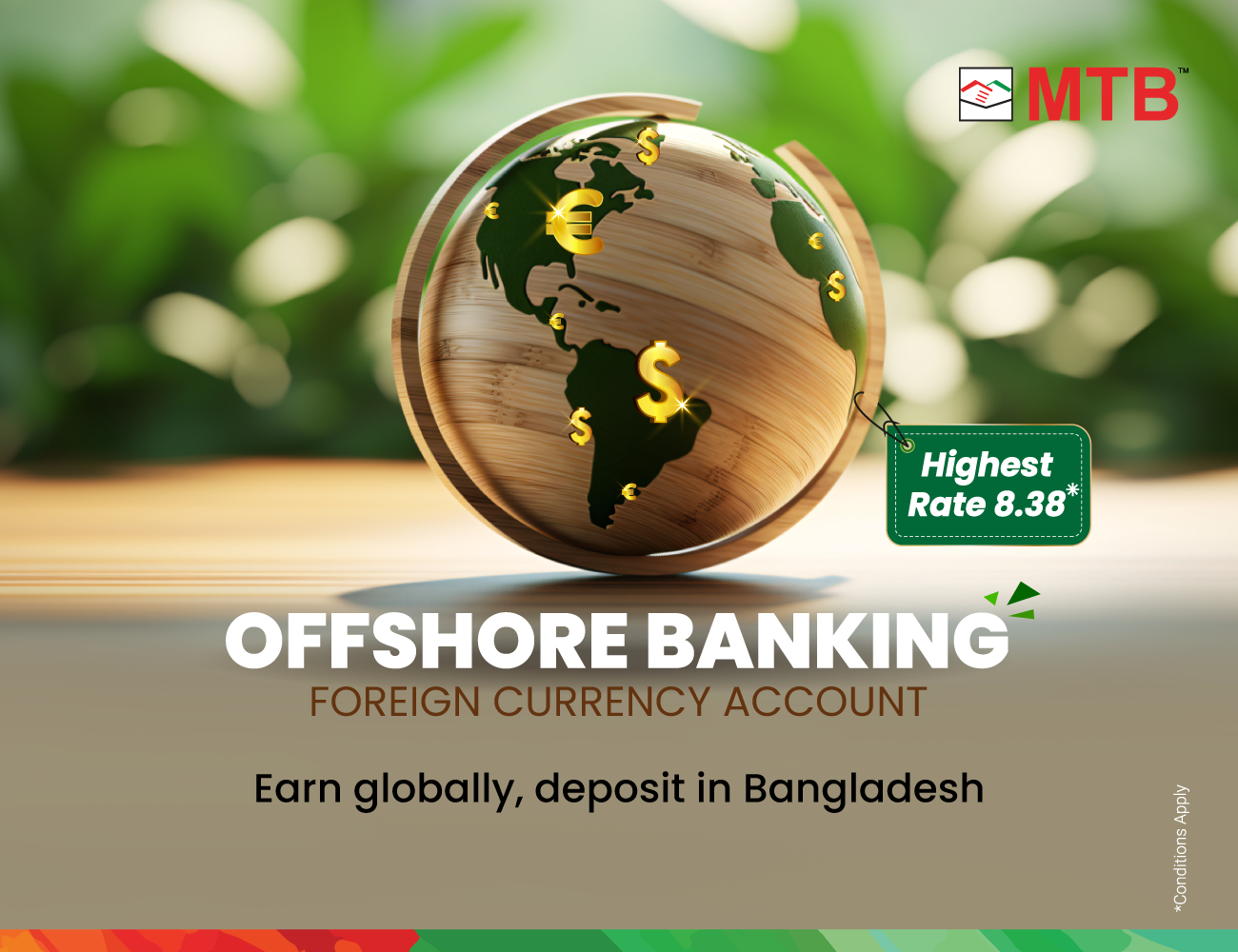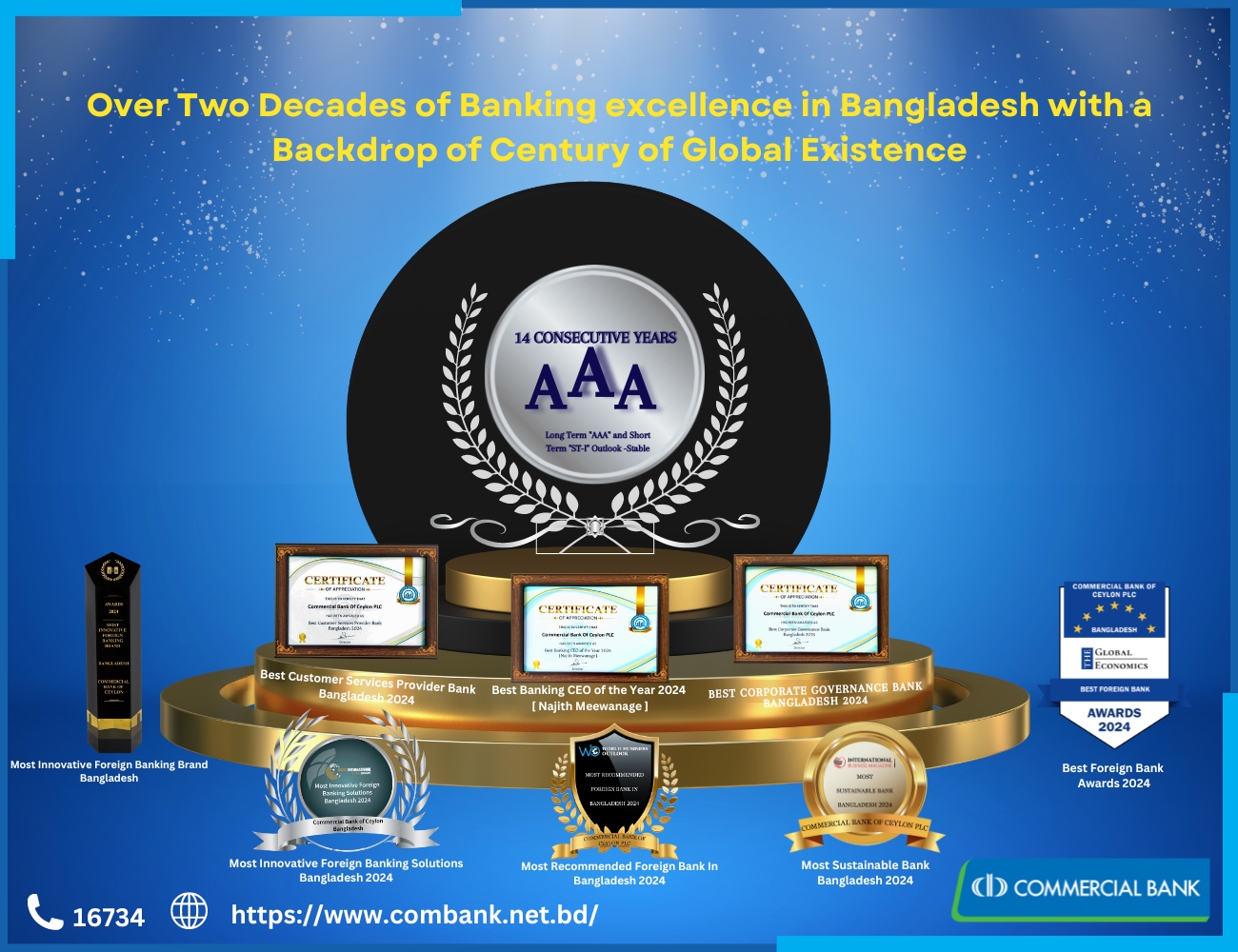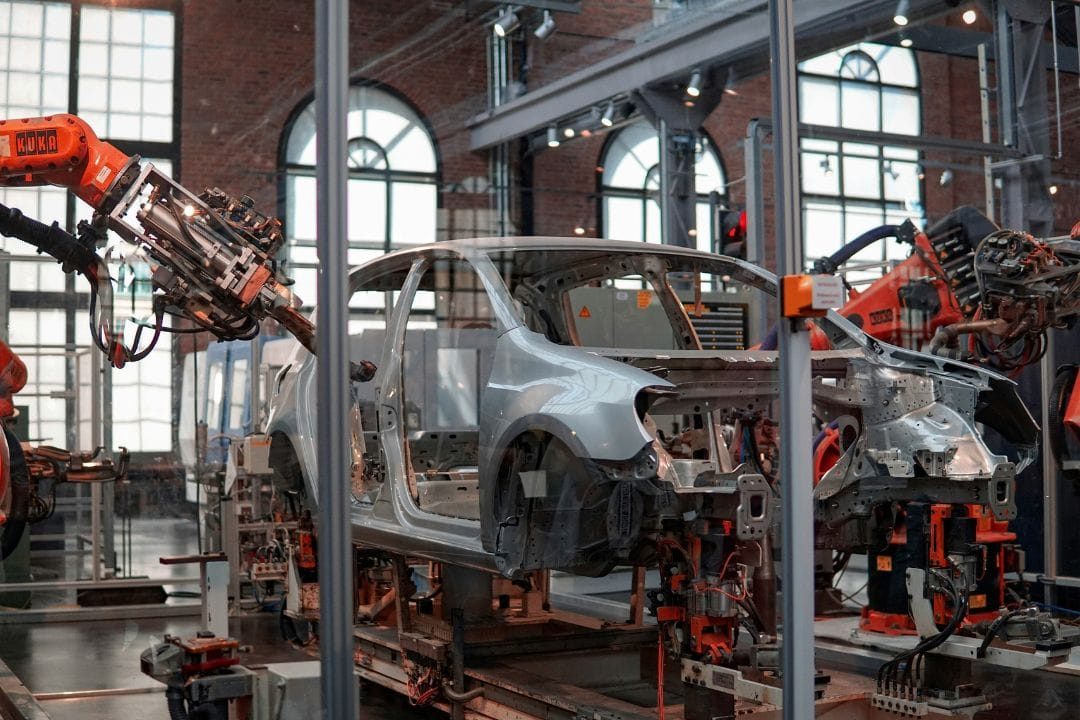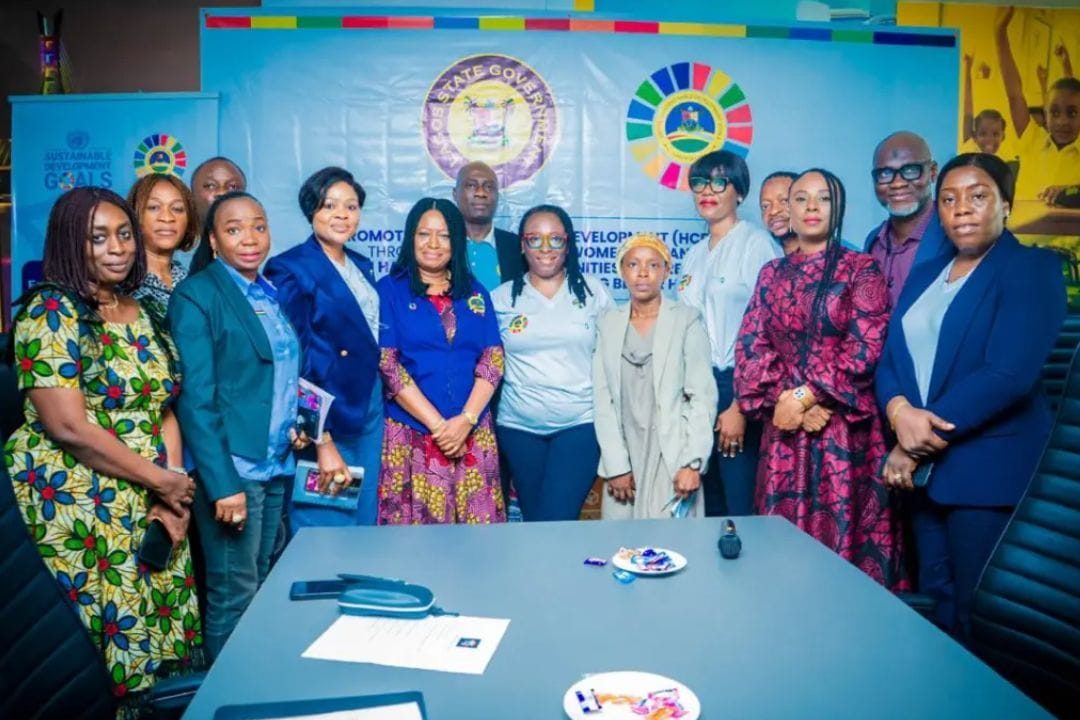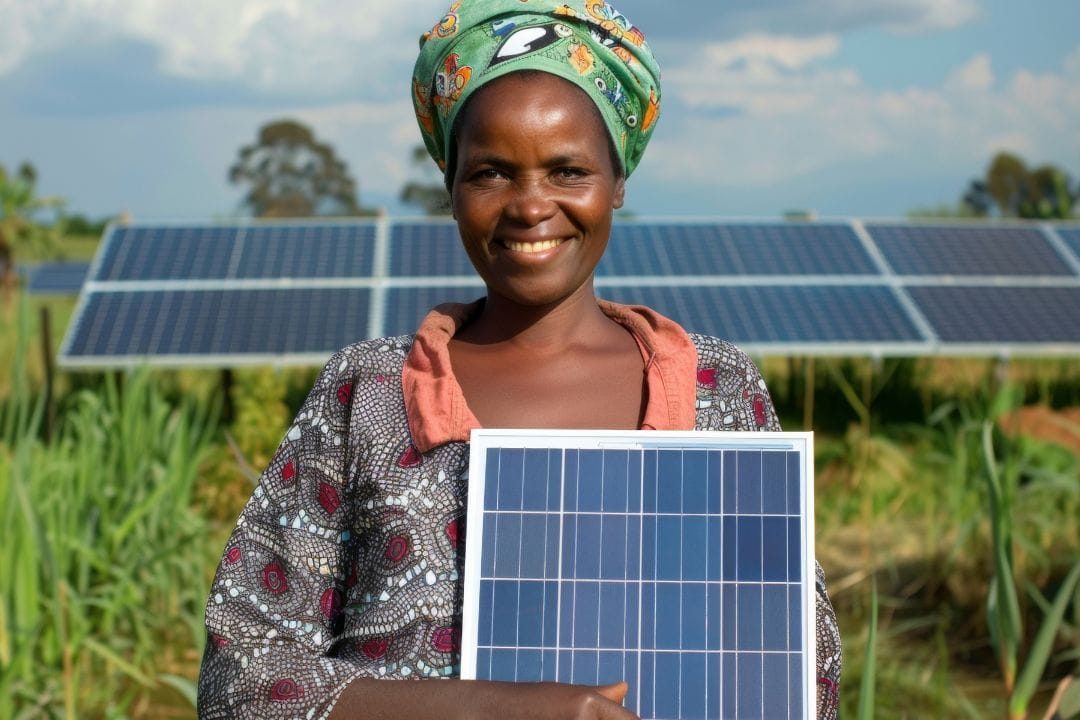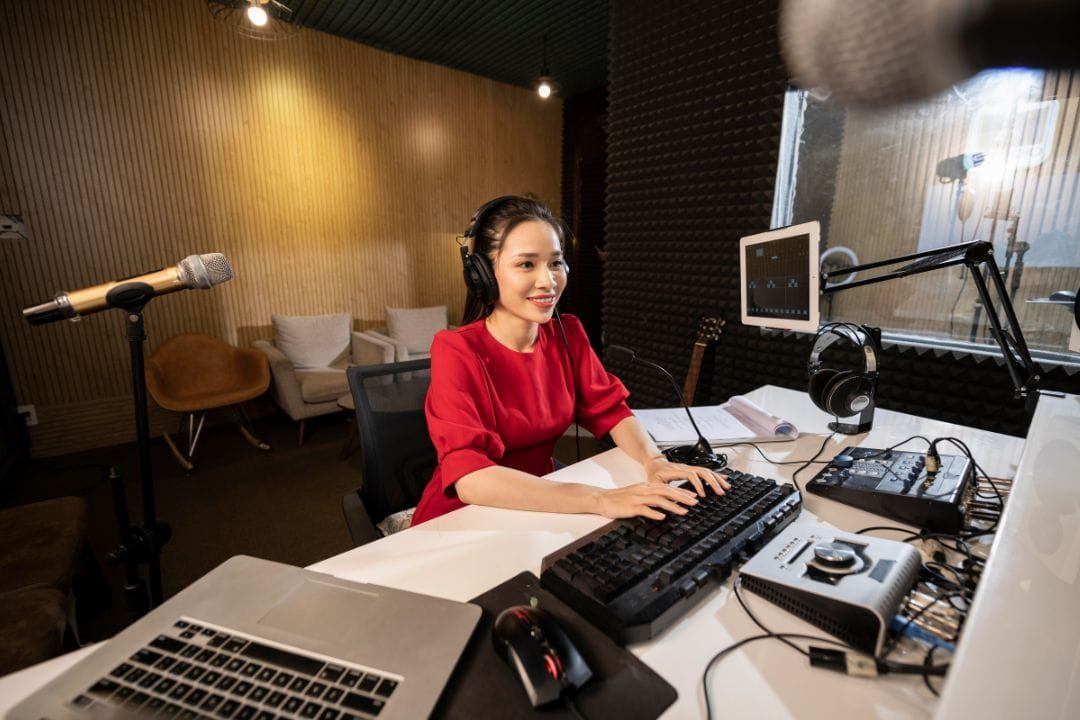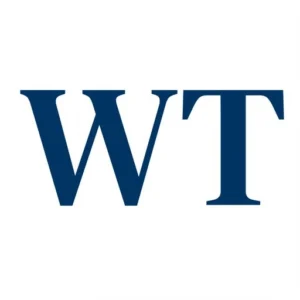
The Cultural Affairs Bureau (IC) of Macau is set to host a series of high-profile international events following the announcement that the city has been named the Culture City of East Asia 2025. The bureau’s director, Leong Wai Man, outlined on Tuesday that the planned program will feature “grand parades and processions, art festivals, international music festivals, art exhibitions, and international sporting events.”
Emphasizing the broader objectives, Leong stated that the initiative aims to “strengthen cultural and tourist exchange and cooperation” within East Asia while also working to “promote mutual understanding between Chinese and foreign civilisations.”
The Macau government made the official announcement on Monday, highlighting the city’s new cultural accolade. Maria Helena de Senna Fernandes, Director of the Macau Government Tourism Office, reflected on recent promotional activities held in Tokyo and Seoul. The city hosted a roadshow in Tokyo in March and subsequent events in Seoul from May 30 to June 2, aimed at boosting tourism.
Each year, the Culture City of East Asia initiative, which began in 2012, selects two Chinese cities, one Japanese city, and one South Korean city to hold the title. Japan and South Korea have yet to announce their chosen cities for 2025. Fernandes suggested that Macau might invite the selected Japanese and South Korean cities to join some of the festivities in 2025, including parades and processions. She described the title as a “trump card” to promote Macau globally throughout the year.
Looking ahead, Macau plans to organize new tourism promotion events in Thailand and Malaysia later this year. The aim is to surpass two million international visitors by the end of 2024. Last year, Macau saw 28.2 million tourists, with the vast majority coming from mainland China and Hong Kong SAR.
China’s selection process, which concluded on May 10 in Beijing, saw Macau and Huzhou from Zhejiang province chosen from a shortlist of six cities. Elsie Ao Ieong, Secretary for Social Affairs and Culture, revealed that she represented Macau during the final evaluation in Beijing. She announced that a dedicated working group has been formed to prepare for the events under the theme “East Meets West, Asia in Harmony.”
As part of its preparations, Macau plans to leverage its unique blend of Chinese and Western cultural influences, as well as its extensive international contacts. The city aims to deepen cultural and tourism exchanges within East Asia and share China’s cultural narrative with the world.
The initiative for selecting the Culture City of East Asia was jointly launched by the leaders of China, Japan, and South Korea, embodying the spirit of trilateral cooperation. This recognition is considered a significant achievement in fostering cultural collaboration among these nations.
The official announcement of the Culture City of East Asia 2025 will take place in September during the 15th Trilateral Cultural Ministers’ Meeting in Japan. Macau’s government is well-prepared for this upcoming milestone.
An interdisciplinary and interdepartmental working group has been established to oversee Macau’s preparation for the title. Following preliminary evaluations and on-site visits by reviewing agencies, Macau successfully passed the final evaluation in May, securing its designation as the Culture City of East Asia for 2025. This honor enhances Macau’s reputation as an international metropolis.
The MSAR Government plans to utilize its strategic position in the “Belt and Road” initiative to further cultural and artistic exchanges. Under the theme “East Meets West, Asia in Harmony,” Macau will host a variety of events, including cultural expos, international conferences, and showcases of intangible cultural heritage, alongside cultural, sports, and tourism activities.
Additionally, Macau aims to use this opportunity to enhance its urban cultural image, improve public cultural services, and develop infrastructure. The goal is to reinforce Macau’s role as a hub for multicultural exchange and cooperation, with a focus on Chinese culture, fostering greater interaction between Chinese and foreign cultures.
The Culture City of East Asia program highlights the rich cultural heritage and interconnectedness of China, Japan, and South Korea. Through cultural, artistic, and tourism exchanges, the initiative aims to boost the international competitiveness of the region’s cultural resources.



